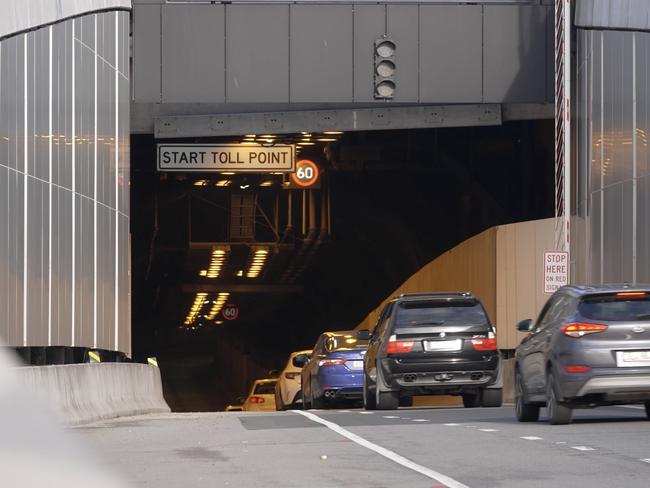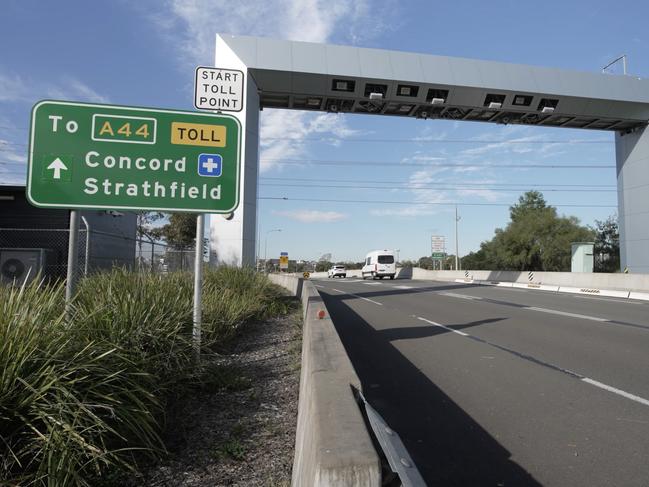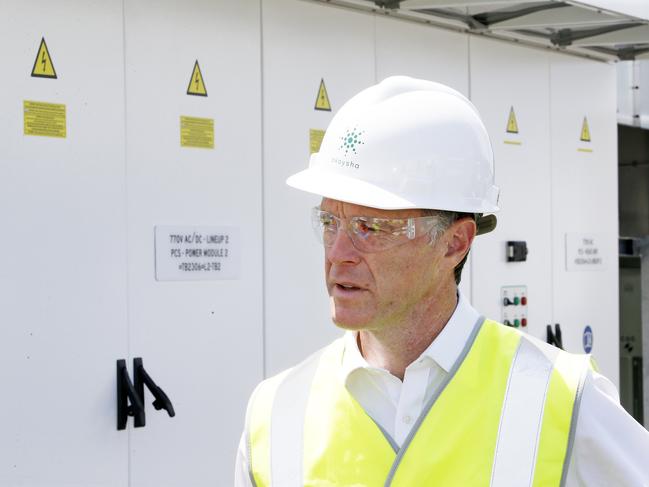Toll relief creating new “million dollar suburbs” in Western Sydney
Western Sydney motorists are flocking to claim toll refunds under the Minns government’s signature cost of living relief program with some areas already having hit the $1m mark. Find out which suburbs have claimed the most.
NSW
Don't miss out on the headlines from NSW. Followed categories will be added to My News.
New “million dollar suburbs” are popping up over Western Sydney as motorists flock to claim toll refunds under the Minns government’s signature cost of living relief program.
Blacktown was the first suburb to hit the milestone, with motorists claiming a total of $1 million in toll rebates last week.
Motorists in Baulkham Hills ticked their suburb over the $1 million mark this week.
Across both suburbs, more than 3,000 motorists have claimed rebates as part of the scheme capping the cost of tolls at $60 per week.
Other car-reliant suburbs across the west, including Auburn, Merrylands, and Marsden Park are now closing in on the million-dollar milestone.
More than 224,000 claims have been made, for a total of $60.5 million in refunds. The average rebate is $284, but more than 11,000 motorists have received quarterly refunds worth more than $1,000.

Roads getting people in and out of Western Sydney are the most commonly used by those claiming toll relief, with tolling data showing WestConnex, the M2, and the M7 at the top of the list.
According to government data, motorists are generally hitting the $60 limit for tolls during the middle of the week, making tolls on Fridays, Saturdays and Sundays effectively free.
Motorists can now claim rebates for the third quarter of the year via Service NSW, with $60 million in refunds now available to claim.

Drivers can claim up to a maximum of $340 per week for each tag or licence plate number.
Premier Chris Minns said the toll cap was “one of the most important cost-of-living measures” of his government.
“It is heartening to see that the relief is getting to where it is needed most – Western Sydney,” he said.
“We know people are doing it tough, and our toll cap is making it fairer for drivers that heavily rely on toll roads.”

The two-year toll cap, promised before the election, came into effect from January 1.
No decision has been made on whether to extend the cap, but the government is currently working to overhaul the entire tolling network following a review by former ACCC boss Allan Fels.
That review found that Sydney drivers are set to pay $195 billion in tolls over the next 30 years.
The inquiry also recommended the government implement two-way tolling on the Sydney Harbour Bridge, which – if adopted – would amount to a broken election promise.
A response to the tolls inquiry is expected in coming months.
“The current (toll) system is a poorly-functioning patchwork of numerous different price structures that has created complexity, inefficiency, inequities and unfairness, with those in Western Sydney financially impacted the most,” Roads Minister John Graham said.





